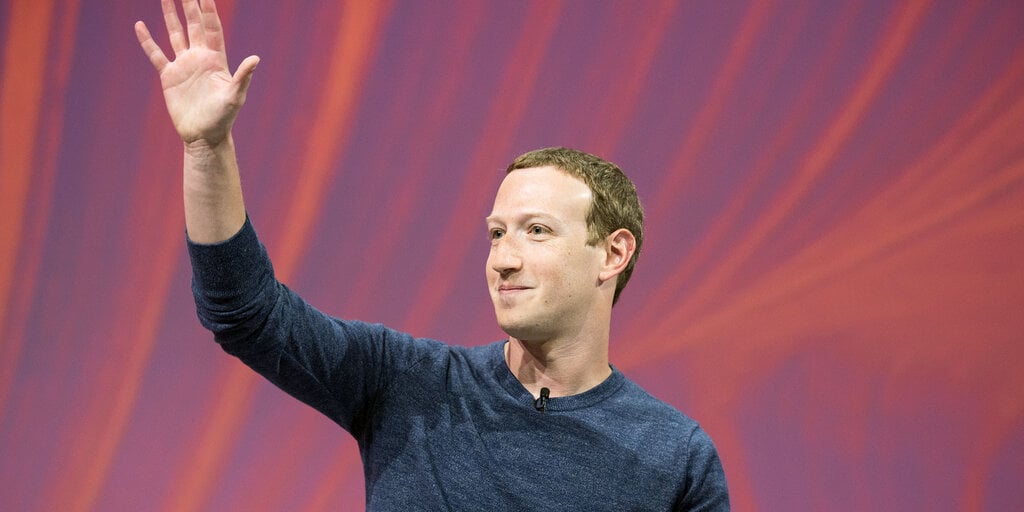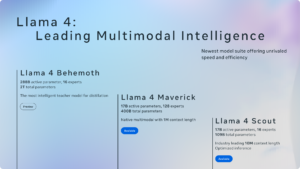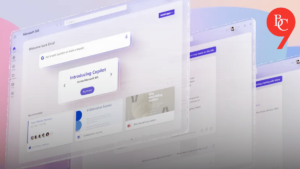Authors Claim Zuckerberg Deliberately Utilized Pirated Data for Meta AI Training

Allegations of Copyright Infringement Against Meta
Introduction to the Case
Mark Zuckerberg, the CEO of Meta, faces serious allegations regarding the misuse of pirated books for training artificial intelligence (AI). This claim is part of a larger copyright infringement lawsuit initiated by a group of authors, including notable figures like comedian Sarah Silverman, Christopher Golden, and Richard Kadrey, in July 2023. The authors assert that Meta improperly used their written works to train its language model, Llama, and they are seeking both financial compensation and a legal injunction to halt the company’s use of their materials.
Background of the Lawsuit
In November 2023, a federal judge dismissed many of the initial claims presented by the authors. However, the recent allegations could add significant weight to the ongoing legal dispute. According to the plaintiffs, internal communications reveal that Zuckerberg approved the use of a dataset known as LibGen, despite warnings from Meta’s AI team regarding its illegal nature. The approval allegedly occurred after concerns were raised about the dataset being sourced from a known piracy site.
What is LibGen?
LibGen, or Library Genesis, is an online resource that offers free access to millions of books, articles, and academic papers without proper copyright authorization. It serves as a "shadow library," with over 33 million books and more than 85 million articles available to users. The lawsuit claims that Meta attempted to conceal its involvement with LibGen until just before a crucial deadline in December 2024, when they disclosed critical internal documents that purportedly outlined their actions.
Internal Discomfort at Meta
The legal filings suggest a level of discomfort among Meta’s engineers regarding the plan to utilize pirated materials. Messages indicated that some employees felt uneasy about downloading from LibGen via company devices, expressing that it "doesn’t feel right." However, the lawsuit claims this did not deter them from not only downloading these books but also from editing out copyright details to prepare them for AI training.
Meta’s Awareness of the Risks
Documents reveal Meta’s awareness of the legal risks associated with using pirated content. An internal memo warned that media speculation about their use of known pirated datasets could weaken their position in negotiations with regulators. Nevertheless, the lawsuit alleges that Meta proceeded with downloading and distributing pirated materials by January 2024. This action raises concerns about the company’s compliance with copyright laws.
Zuckerberg’s Testimony
When questioned under oath about these operations, Zuckerberg reportedly distanced himself from the decision to use pirated content. He acknowledged that such actions could raise significant legal and ethical concerns, describing the situation as potentially fraught with "red flags."
Evidence of Systematic Removal of Copyright Information
The plaintiffs argue that Meta’s approach to handling copyrighted works emphasized training their models over respecting copyright regulations. One engineer allegedly took steps to filter out copyright information from the LibGen dataset to create a version devoid of copyright metadata for the training of Llama. This systematic action could potentially strengthen the authors’ claims that Meta intentionally sought to obscure its use of pirated content.
Meta’s Competitive Landscape
These revelations come at a critical juncture for Meta as it strives to compete in the AI industry, particularly against rivals like OpenAI and Google. The Llama model has become a leading open-source language model, and Meta’s AI efforts aim to provide a strong alternative to platforms such as ChatGPT.
The Broader Context of AI and Copyright Issues
The challenges facing Meta are not unique. Numerous AI companies are grappling with legal battles over copyright violations tied to their training practices. Meta previously faced lawsuits from other authors alleging similar copyright infringements, while OpenAI is also involved in legal disputes regarding its training methodologies. Additionally, Anthropic has encountered various lawsuits from authors and content creators.
The rapid rise of generative AI has sparked widespread concern among creators and tech professionals about how these technologies utilize copyrighted material, leading to a surge in lawsuits across the industry. As the legal landscape continues to evolve, the resolution of these cases may set important precedents for the future of AI development and copyright law.






